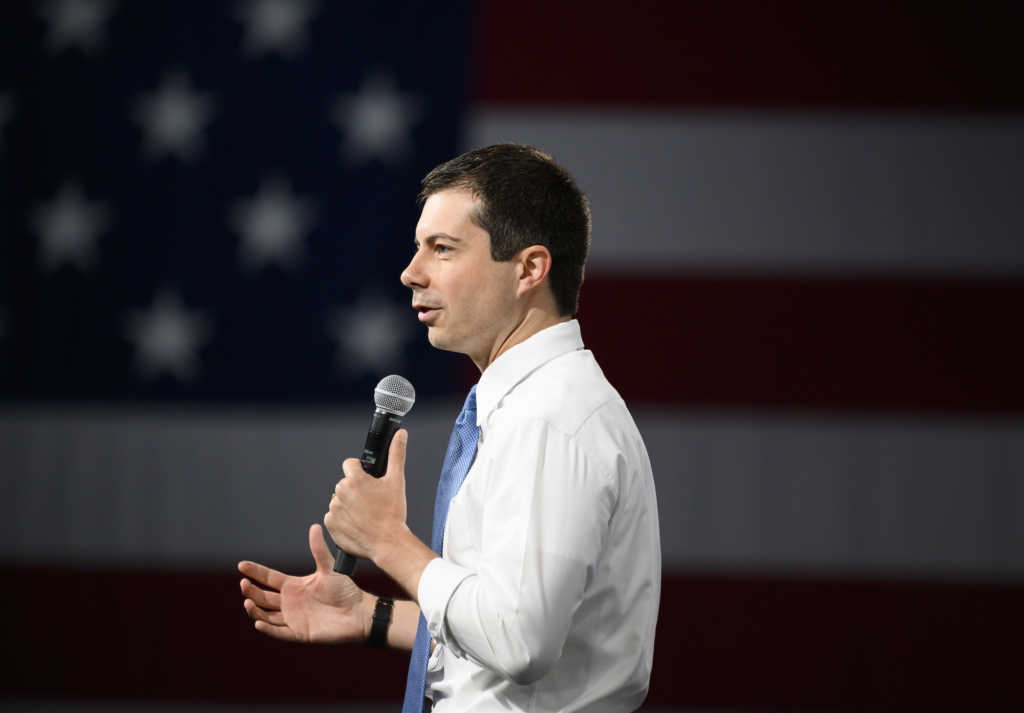With one question, Jake Tapper asked Pete Buttigieg about his theology and his political posturing. The Democratic presidential candidate, though, dodged the inquiry altogether during his Sunday appearance on “State of the Union.”
The CNN anchor asked Buttigieg to explain the difference between Democratic and Republican voters whose religious convictions, in equal measure, bar them from supporting the LGBTQ community.
Tapper pointed out to Buttigieg, who is gay and was on his way to make an appearance at a black church, that less than half of black Protestant voters support same-sex marriage. It’s worth noting, the mayor of South Bend, Indiana is seriously struggling to gain support among black voters.
Buttigieg has been outspoken in his opposition to Vice President Mike Pence and conservative evangelicals purely because of their Christian faith, which bars them from embracing gay marriage. This spring, he said Pence “stopped believing in Scripture when he started believing in Donald Trump,” and the presidential candidate has used his platform to specifically target the vice president’s personal religious convictions.
While the 2020 presidential hopeful has brazenly attacked Pence, his strategy toward the black religious community — a swath of voters he’s deemed winnable — have been much stealthier.
During an April meeting with progressive activist Al Sharpton — who still uses the title “reverend” — the two men talked about “homophobia in the faith and the black communities.” And after Sharpton called evangelist Franklin Graham “ridiculous” for opposing same-sex marriage, a mainstream theological stance among Christians, Buttigieg agreed, saying Graham and those who oppose gay marriage based on religious beliefs will eventually “isolate” themselves and fall by the wayside.
Buttigieg used similar language in his dodgy answer to Tapper over the weekend, cunningly linking the LGBT community to the historical plight of black Americans, suggesting they are equitable civil rights issues.
“Explain how it’s different that there are Democratic voters who might have an issue with LGBTQ rights,” the CNN host told Buttigieg. “How is that different from Vice President Pence, if they’re both based in religious views?”
In his meandering answer, the 37-year-old politician said “all marginalized people need to stand together at a time when so many Americans in so many different ways, especially under this presidency, are coming under attack.”
He then lamented the fact it’s “not an easy conversation” for many people because they have “been brought up in a certain way and are struggling to get onto the right side of history.”
Buttigieg is appealing to the perceived sympathies of an entire community in hopes of winning their support and of nudging them away from their own convictions and toward his perspective. That’s the honest answer to Tapper’s question, and it’s also the reason he’s so unforgiving toward conservative Evangelicals: he doesn’t see them as a winnable demographic.



